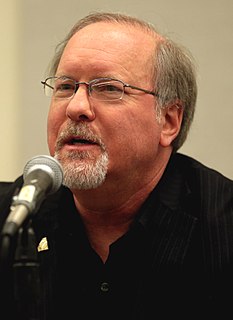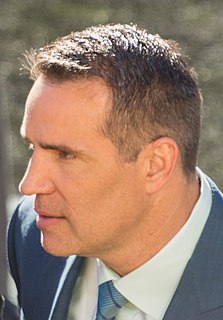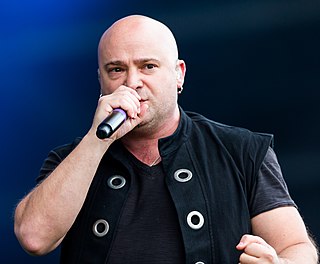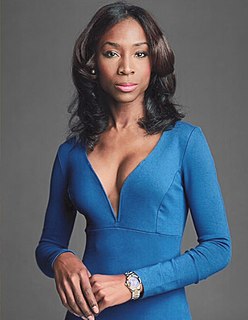A Quote by Tim Cahill
'Rolling Stone' had started something called 'Outside,' and since I was one of two people in the office that liked going outside, I was pegged to work on it. The concept of the magazine was simple: literate writing about the out-of-doors. I jumped at the opportunity.
Related Quotes
I'd known the people at Rolling Stone for a while. I'd gone to them with a piece I'd done on Beirut for Vanity Fair that Vanity Fair didn't want to publish, because they said I was making fun of death... This was Tina Brown.But they paid me for it. So I've got this big chunk of a piece, and Rolling Stone liked it, but they thought it was a little dated. But then they called me back and asked me to do a similar piece about the Turks and Caicos Islands, where the whole government had been arrested for dope smuggling. That was fun.
In 1952, Muddy cut the song 'Rollin' Stone.' It was a nationwide success, and the song echoes down through rock n' roll history. Bob Dylan cut a tribute by the same name, an English band decided to call themselves the Rolling Stones, and the magazine that first embraced music as a serious cultural phenomenon was itself called 'Rolling Stone.'
Essay on Adam" There are five possibilities. One: Adam fell. Two: he was pushed. Three: he jumped. Four: he only looked over the edge, and one look silenced him. Five: nothing worth mentioning happened to Adam. The first, that he fell, is too simple. The fourth, fear, we have tried and found useless. The fifth, nothing happened, is dull. The choice is between: he jumped or was pushed. And the difference between these is only an issue of whether the demons work from the inside out or from the outside in: the one theological question.
As one of the first editors at 'Outside' magazine in 1975, it was my contention that most American writing going back to James Fennimore Cooper and then through Twain up to Hemingway had been outdoor writing. At that time, adventure writing meant stuff like 'Saga' or 'Argosy.' 'Death Race with the Jungle Leper Army!' That kind of thing.
As I started reading about it, I saw that at the beginning of the 19th century, outside of New England - which was an unusually literate place - practically no one could read or write. And even in New England, the overall rate was only about 60 percent. That still means four out of 10 people couldn't put their name to a will.
I never intended to have a career as a journalist, writing about people who make movies. I did it as something that was really rewarding to do, given the opportunity to express myself about something I cared about, and also to learn a lot by watching filmmakers I admired. In a sense, it was my film school. After doing it for a few years, I decided that the time had come to get it together and do some work of my own. Even for a cheap movie, you need film stock and equipment and actors. Whereas to write, all you need is paper and an idea, so I felt that writing might be my stepping stone.
Bob Wallace was my editor at Rolling Stone when I first started writing there, and he's a wonderful editor. I was in the Philippines during the Marcos overthrow, and I was up on what was called Smokey Mountain. I think it's gone now, but it was a garbage dump with a bunch of people living on it. I was talking to Bob on the phone, and I told him, "I'm a humorist. I can't write about this." And Bob told me to let my style be dictated by the subject, to take what I saw and write about it in the tone that it requires.



































